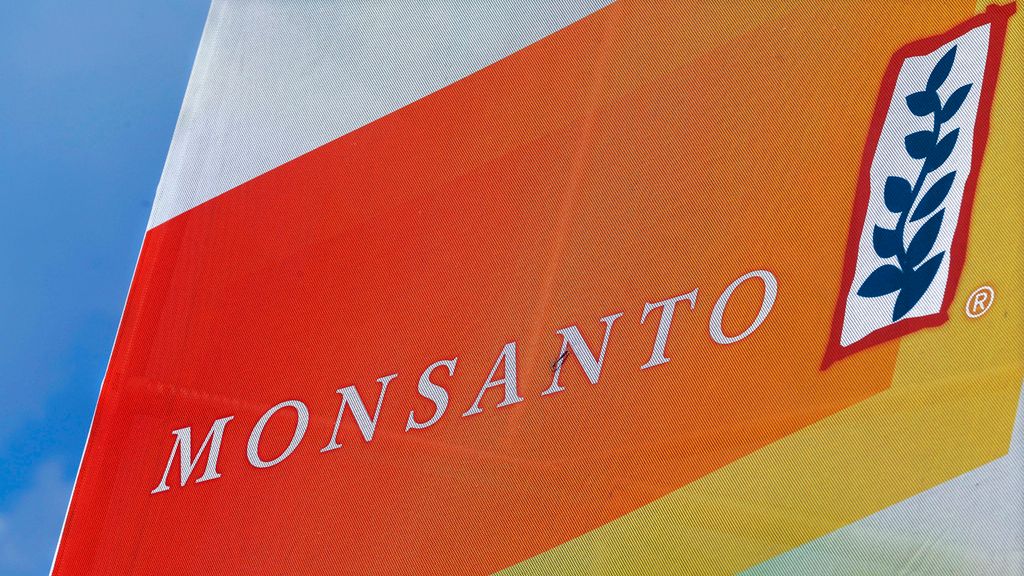Maine is suing the Monsanto Company, accusing the agricultural biochemical giant of knowingly contributing to environmental contamination.
“We have evidence that Monsanto knew that its PCBs products were causing long-lasting harm and chose to continue to make money off poisoning Maine’s people and environment,” Maine Attorney General Aaron Frey said in a statement. “I am taking action to demand that Monsanto pay for the harm it knowingly caused our state.”
PCBs, or polychlorinated biphenyls, are chemicals that at one time were commonly used in industrial manufacturing before studies linking the chemicals to cancer led to a near-total banning of their use by the late 1970s.
“PCBs were used in a wide variety of products, including as plasticizers in paint and caulk and as insulating fluids in electrical capacitors and transformers,” Frey said in his statement.
Frey alleged that Monsanto, known for its biotech and industrial-scale agricultural business, knew of the risks of PCBs in its products even before PCBs were banned, but continued to sell the products anyway.
Frey alleged he had copies of internal Monsanto memos that verify his claims. One memo, he said, indicated, “there is too much customer/market need and selfishly too much Monsanto profit” for the company to discontinue PCB-laden products.
Frey is seeking “damages for injuries and contamination including the costs to clean up, monitor, and mitigate the 400 miles of Maine rivers and streams and 1.8 million ocean acres that are currently identified as impaired by PCBs.”
Monsanto issued the following statement: “We will respond to the complaint in greater detail in court at the appropriate time, however, we believe this case is meritless as Monsanto never manufactured or disposed of PCBs in the State of Maine, and any PCB-containing products that could be the source of any impairments in the state were manufactured and disposed by third parties. Under applicable law, a manufacturer of component parts is not responsible for the downstream, third-party uses of a product that it lawfully introduced into the stream of commerce and over which it has had no control for nearly five decades."



